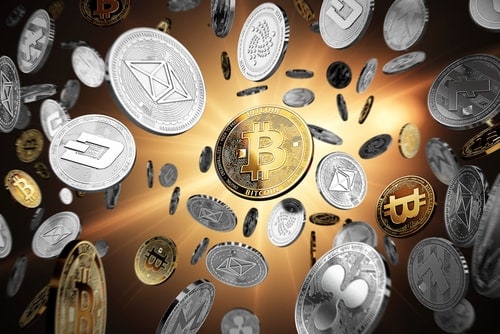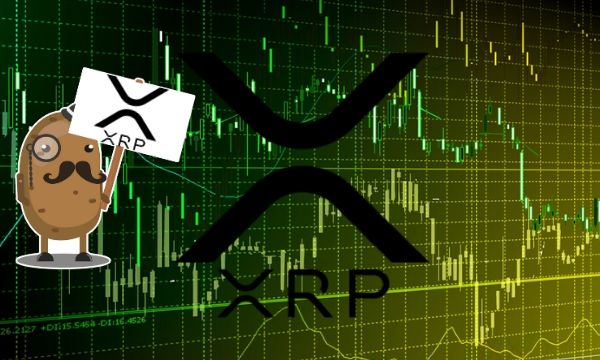Bitcoin’s Crash Below $50K Brings South Korea’s Kimchi Premium to Zero
The latest adverse price developments in the cryptocurrency markets have normalized the Korean bitcoin premium known as the Kimchi premium. With the enhanced volatility, though, experts warn traders to be highly vigilant as the market is still over-leveraged.
Kimchi Premium Cools Down
The Kimchi premium represents the difference in bitcoin’s price on global exchanges and such operating in South Korea. CryptoPotato reported in early April that the metric, named after a traditional Korean side dish, had surged to a new yearly high of over 20%.
Despite cooling off briefly at the time, the disparity continued to increase and reached yet another record level of about 26%. Meaning, when BTC traded at roughly 58,000 on non-South Korean exchanges, it was well above $70,000 on local platforms.
The analytics company CryptoQuant outlined the performance of the Kimchi premium, which has cooled down in recent weeks. At one point, the metric went even to negative territory but has normalized now and “became zero.”

Nevertheless, the company’s CEO, Ki Young Ju, warned investors that “the market is still over-leveraged” and urged them to be patient.
The normalization of the Kimchi premium could be attributed to the latest developments in the crypto market to some extent. Bitcoin has lost more than $14,000 of value since Sunday. The primary cryptocurrency is down to around $48,000, which is the lowest point since early March.
South Korea to Enhance Crypto Regulations
In other news coming from the East Asian country, the nation is looking to tighten up cryptocurrency regulations. According to The Herald, the number of illicit transactions involving digital assets has gone up significantly in the past several months as their popularity skyrocketed.
Consequently, the country’s watchdog – the Financial Services Commission – has asked financial companies to monitor any dealings with cryptocurrencies between their users. Such firms would have to report alleged illegal transactions to the state-run Korea Financial Intelligence Unit within three days after finding suspicious activity.
Once the agency receives the reports, it will join forces with the police and tax authorities to initiate investigations.
“Individuals should make careful decisions related to cryptocurrencies as crypto assets, which have no intrinsic value, are means of speculation rather than investment,” commented Gu Yoon-Cheol – chief of the Office for Government Policy Coordination.









